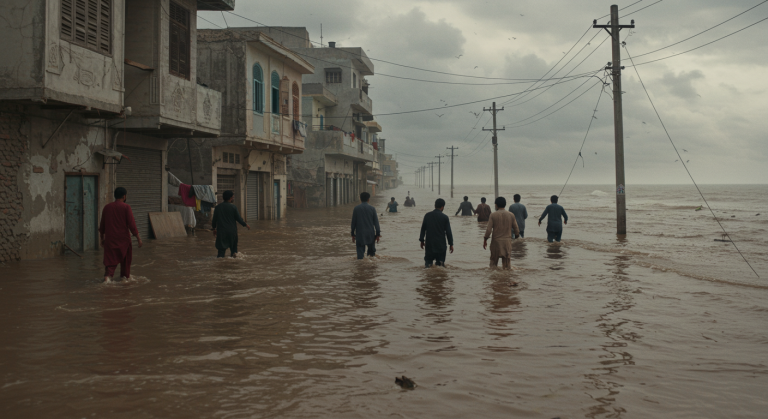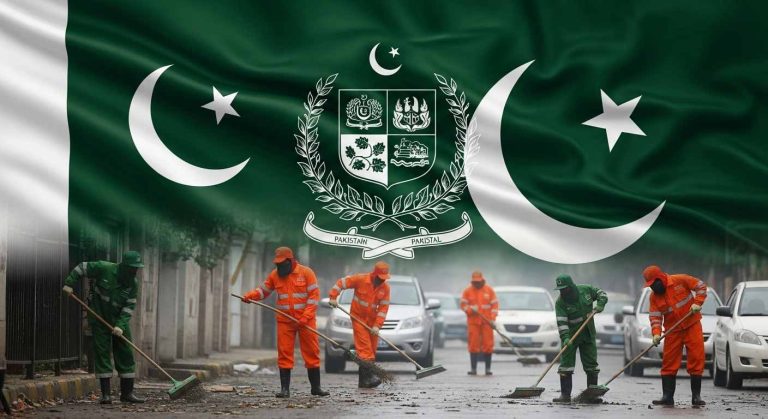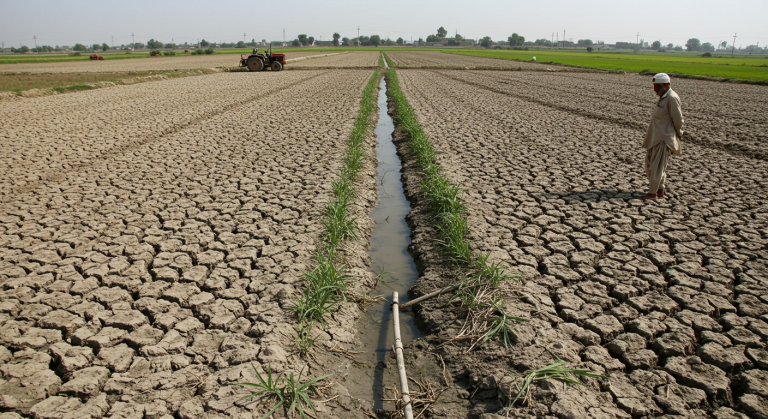Sindh High Court Hears Petitions of Four Missing Persons
KARACHI: The Sindh High Court (SHC) on Monday conducted proceedings on multiple petitions related to the enforced disappearance of four individuals—Khadim, Fida Hussain, Zaheer, and Ubaid. These cases are part of the ongoing issue of enforced disappearances in the province.
During the proceedings, the legal representatives and family members of the missing persons were absent, prompting the court to question the seriousness of their follow-up.
Advocate Kashif Hussain, representing one of the missing individuals, informed the court that his client went missing from the airport premises. He verbally requested the CCTV footage from the relevant authorities. However, the court inquired whether a written request for the footage had been submitted. Upon learning it had not, the bench directed the lawyer to file a formal application in writing to obtain the surveillance footage.
In the case of Ubaid, who reportedly went missing from Gulshan-e-Iqbal, the SHC issued a formal notice to the concerned authorities. The court also ordered that copies of all petitions be provided to government lawyers to ensure coordinated legal action.
The bench subsequently adjourned the hearing until June 1, instructing that all necessary documents and responses be submitted before the next session.
Update on Previously Reported Cases
In a previous hearing, the court was informed of the safe recovery of two missing persons—Zulfiqar and Abdul Haq. Based on this development, the SHC dismissed the petitions filed about their disappearances, acknowledging that the cases had been resolved.
Broader Context
The issue of missing persons continues to be a sensitive human rights concern in Pakistan, particularly in Sindh and Balochistan. The judiciary, especially the Sindh High Court, remains actively involved in tracking such cases and ensuring that law enforcement agencies follow due legal procedures. The court has repeatedly stressed the need for timely investigations, transparency, and coordination between petitioners and the state to ensure justice for affected families.


